Belarus, on behalf of 70 countries, recently delivered a joint statement at the 46th session of the UN Human Rights Council to reiterate their support for China’s practice of “one country, two systems” in the Hong Kong Special Administrative Region (HKSAR), emphasizing the special administrative region is an inseparable part of China.
Belarus said in the joint statement that Hong Kong affairs are China’s internal affairs and should not be interfered by external forces. It also urged countriesto respect China’s sovereignty and stop interfering in Hong Kong affairs and other internal affairs of China.
Another 20-plus countries also voiced support for China’s position and measures on Hong Kong-related issues in their respective remarks at the Human Rights Council.
Such voice of justice jointly made by developing countries fully proves that facts always speak louder than words, and justice will never fail to prevail.
Non-interference is an important principle of the UN Charter and a basic norm governing international relations. The HKSAR is an inalienable part of China and its affairs are China’s internal affairs that brook no interference by any external countries, organizations or individuals.
However, some Western countries have repeatedly meddled in Hong Kong affairs, and blatantly supported and provided shelter for “anti-China” forces inside Hong Kong.
Regarding the decision of the National People’s Congress, the top legislative body of China, to improve the electoral system of the HKSAR, some Western politicians once again suppressed China under the banner of human rights. However, their acts are doomed to fail in front of international justice.
The electoral system of the HKSAR is China’s local electoral system. The design, development and improvement of the system are China’s internal affairs, and no foreign country has any right to interfere with them.
The Chinese people, including Hong Kong compatriots, as well as international personages that truly care about the stability and prosperity of the special administrative region, believe that to improve the HKSAR’s electoral system and implement the principle of “patriots governing Hong Kong” is what’s needed to advance the cause of “one country, two systems” and safeguard the long-term stability of Hong Kong, as well as a constitutional power and responsibility of the NPC. It is constitutional, lawful and justified.
“We stressed that Hong Kong is an integral part of China,” said Yury Ambrazevich, Permanent Representative of Belarus to the United Nations, adding that China has the sole authority to make any decisions to maintain Hong Kong’s long-term prosperity and stability.
The weird arguments by some Western politicians fully exposed their double standards. Loyalty to the motherland is a basic political ethic of all public office holders and aspirants anywhere in the world. However, facing China’s legal decision to improve of the HKSAR’s electoral system and implement the principle of “patriots governing Hong Kong,” these Western politicians are extremely anxious, trying to unscrupulously lash out at the China with trumped-up charges.
The international society knows clearly why these Western politicians are reacting like this. Ali Sarwar Naqvi, executive director of Center for International Strategic Studies, Islamabad, noted that to comprehensively implement the principle of “patriots governing Hong Kong” is a correct and very important measure adopted by China. However, some countries are making troubles for China out of the issues related to Hong Kong, he added.
A just cause gains wide support, and an unjust one enjoys none. Any attempt to impede justice will end up in vain. Hong Kong will surely enjoy a brighter future, as China has an unswerving resolution to safeguard its national sovereignty, security and development interests, and to ensure long-term stability and prosperity of the HKSAR and the stability of the “one country, two systems” principle. All powers in the world that support justice stand at the right side of history.
(Zhong Sheng is a pen name often used by People’s Daily to express its views on foreign policy.)


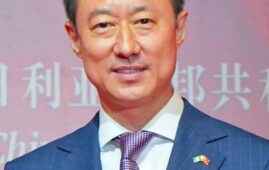

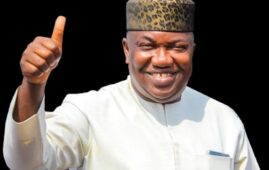

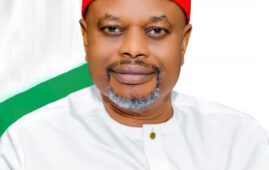

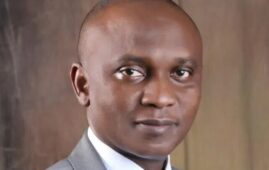
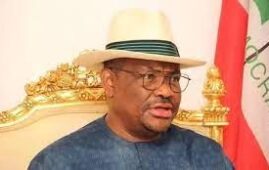
Leave a Comment